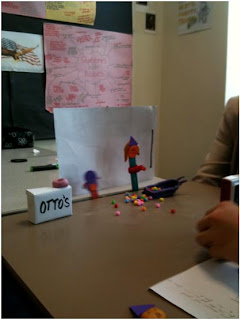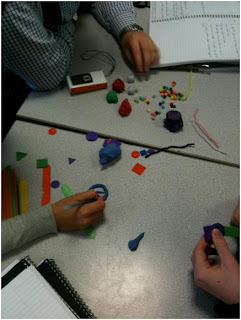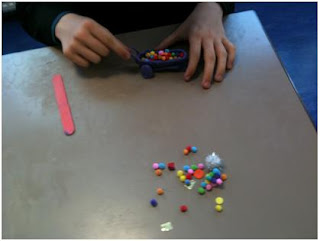‘That extraordinary year is probably what has marked today’s Germans with those characteristics that are so strange and incomprehensible in the eyes of the world…’ So wrote Sebastian Haffner in 1939, a memoir eventually posthumously published by his son as Defying Hitler in 2001. The hyperflation crisis to which Haffner refers, rocked the fragile Weimar Republic between January and December 1923, and yet often leaves my Year 9 students throwing their hands up in despair, not in sympathy for those Weimar citizens forced to spend their earnings as quickly as they could in the face of over-night devaluation, but in consequence of an hour-long grapple with economic terms and price indices.
By year 13, when the topic is re-visited as part of the study of Germany 1900-45, the situation is somewhat better, (especially if I am lucky enough to have some A2 Economists in the class!), yet my trusty price index and anecdotes about men carting their wages home in wheelbarrows doesn’t quite go far enough at showing the impact of hyperinflation on an economy already crippled by Treaty of Versailles reparations, and yoked by the terms of Hugo Preuss’ new constitution to a hopelessly over-ambitious welfare state. So this year I decided to take a new approach; using Defying Hitler, and offering students the use of a selection of plasticine, pipe-cleaners, and a flip-camera.
Following an hour long lesson on the origins and course of the hyperinflation crisis, the next lesson was spent enabling students to really grasp the impact of the year in which ‘an entire nation of Germans had a spiritual organ removed.’ What follows is the course of this second lesson.
Part One (up to 15 minutes)
- I chose 15 quotations from Chapter 10 of Defying Hitler (download the quotations here). The first five were selected to illustrate the wider impact of the crisis on the German psyche. Haffner is writing from voluntary exile in England during Nazism and so he has some strong opinions on how the hyperinflation primed German society ‘not specifically for Nazism, but for any fantastic adventure.’
- The remaining 10 quotations were chosen to illustrate the immediate impact on ordinary lives, both the disasters, but also the opportunities for the ‘young and quick witted.’
- Each student was given a quote upon their arrival to the lesson, asked to read it and make one inference about the impact of the hyperinflation.
- Students then grouped themselves into threes, and together made a further inference about the impact of hyperinflation this time based on a broader spread of 3 quotations.
- Each group of three then paired up with another group of three, and made a further inference based this time on 6 quotations. By this time students had access to a mixture of the wider impact and specific impact quotations.
- This was followed by a brief (7 or 8 minutes – I never deal in multiples of 5!) discussion, drawing on the facts and figures of the previous lesson combined with Haffner’s recollections in order to offer a coherent picture of the impact of hyperinflation.
Part Two (the remaining 45-ish minutes)
My students love plasticine, and they also love film cameras. I use both as way of allowing them to creatively express their own understandings. Neither has ever, in my experience, served to do anything other than deepen and consolidate students’ knowledge. Win win!
- Students were offered the choice of modelling the effect of hyperinflation using plasticine to create a stop-animation film, or just going straight in with the camera and starring in the show themselves. The extroverts seem always to pump for the pure film option, the more kinaesthetic make a bee-line for the modelling and the stop-animation.
- Students had the best part of 40 minutes to make the model/record the film. The only rules were that it must be historically factually accurate, and it must directly reference Haffner.
- Photographing models and downloading films is the last step. We watched the films back at the beginning of the next lesson, and the photographs of the modelling process are up on the wall.
- Hyperinflation – grasped!
Charlotte Grove
History Teacher, Dame Alice Owen’s School





